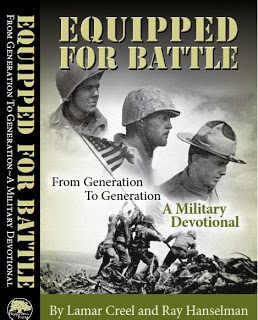Paul
the apostle shared how “God has
chosen the foolish things of the world to confound the wise”
and how “God has chosen the weak
things of the world to confound the things which are mighty”.
“Base things of the world, and things which are despised” were
also chosen by God so He could “bring
to nothing things that are”.
In chapter one and verse twenty-nine of
First Corinthians, Paul continued his letter by sharing how “no
flesh should glory”
before God where we read:
That
no flesh should glory in his presence.
The
verse begins, “That
no flesh” Paul
began with the words, “That no”
which means “not and neither one” “flesh”
which refers to “mere human with the earthly nature apart from
divine influence”. God determined that nobody would stand before or
compare with Him.
The
verse continues, “...should
glory in his presence.”. Paul
added the words, “should glory” or
“should vaunt, boast, joy or rejoice” “in
his presence”
which means “in God's face or sight”. God allowed no one to take
credit and “vaunt” him or herself in His
“sight”.
When
we think through these words from Paul, we see how God meant to
demonstrate His superior position, power and wisdom to the world.
Man's lack in these areas would not allow them to “vaunt”
themselves or “brag” in God's “presence”, and rather
than attempt to be superior to God, we do best when simply submit our
lives to Jesus Christ His Son. “Glorying” or taking credit and
praise for what God has done is not allowed by God, and only through
Jesus Christ and God's eternal plan of salvation shall anyone be
saved. All other ways are vain and empty and will never have “glory”
in His sight.
Next
time Paul tells the church members in Corinth, “of
him are you in Christ Jesus”,
so read ahead, and we shall join together then.
Until tomorrow…there is more…
Look for the daily devotional book “Equipped for Battle – From Generation to Generation”, the marriage book “So, You Want to Be Married”, and the new devotional “One Year in the Sermon on the Mount” in all major bookstore sites, http://www.amazon.com ; http://www.barnesandnobles.com ; download to e-books, and find it locally at www.mrzlc.com/bookstore.





























